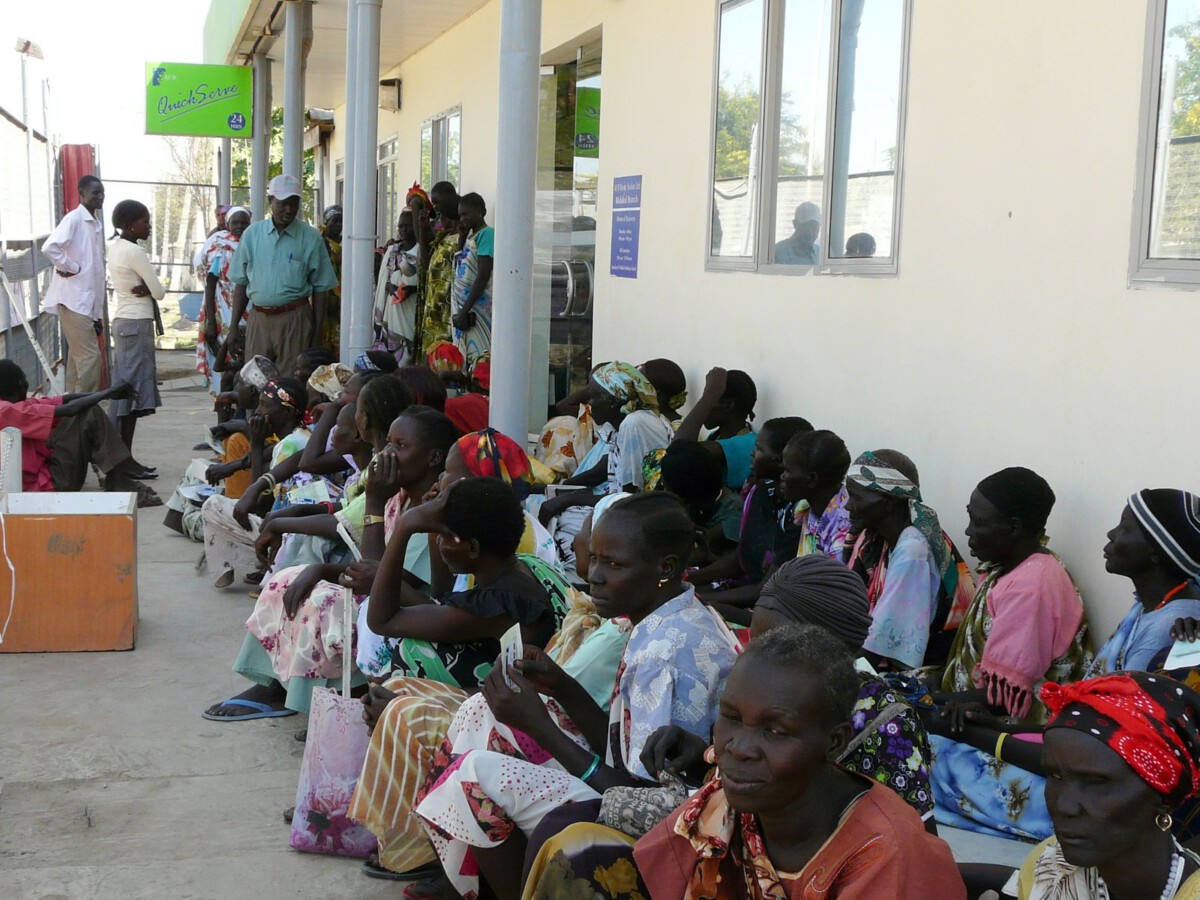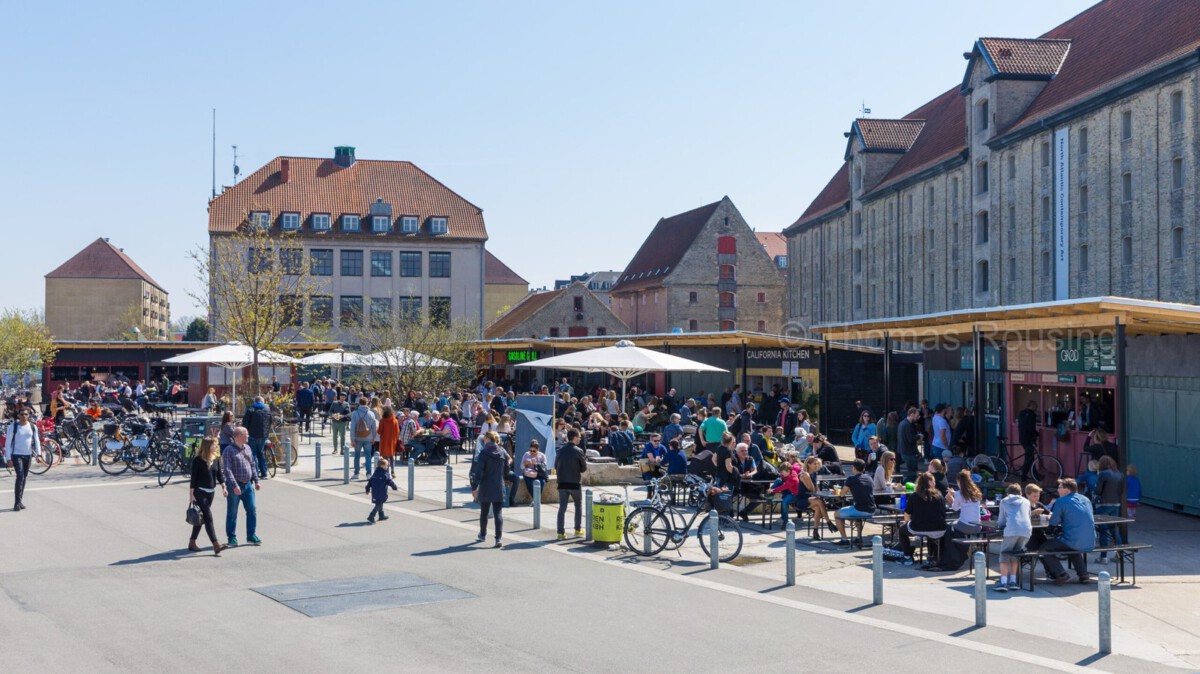Finland: The Pinnacle of Happiness

Finland stands tall once again as the world’s happiest country in 2025, topping the World Happiness Report with an impressive score of 7.8 out of 10. This Nordic nation’s approach to happiness is a blend of trust, equality, and access to high-quality services for everyone, regardless of income or background. The Finnish government provides free healthcare, world-class education, and a comprehensive social safety net, alleviating stress and anxiety for citizens. Public spaces are clean, green, and easily accessible, encouraging Finns to spend time in nature, which has been proven to boost mental health. The culture values honesty and transparency, so people trust their government and each other, creating a strong sense of security. Work-life balance is a top priority, with many people enjoying flexible working hours and generous vacation time. Finland’s emphasis on equality means that no one is left behind, and everyone’s voice matters. This combination of factors helps explain why Finnish people consistently report feeling content, supported, and optimistic about their futures.
Denmark: A Model of Welfare and Trust

Denmark closely follows Finland with a happiness score of 7.6, and its secret is a deep-rooted commitment to social welfare and trust among its people. The Danish welfare state ensures that no citizen is left without access to healthcare, education, or financial support during tough times. This safety net reduces anxiety and gives Danes the freedom to pursue what matters most to them. Work-life balance is also a cornerstone, with flexible working hours, generous parental leave, and a culture that respects family time. Social cohesion is strong, as Danes often gather with loved ones and cherish the concept of “hygge,” which means finding joy and comfort in simple things. High levels of trust in government and institutions give people confidence that their voices will be heard and their needs met. The education system promotes equality and personal development, helping everyone reach their potential. All of these factors mesh to create an environment where happiness is not only possible but expected.
Switzerland: Wealth and Well-Being

Switzerland ranks third, scoring 7.5, and is widely recognized for its high standard of living, breathtaking landscapes, and strong sense of order. Swiss citizens benefit from a robust economy, low unemployment, and some of the highest wages in the world, contributing to financial security and reduced stress. Healthcare and education are of exceptional quality and are accessible to all, fostering both physical health and lifelong learning. The Swiss love outdoor activities, from skiing in the Alps to hiking in serene valleys, which supports both physical and mental well-being. Community involvement is common, as people often participate in local clubs and organizations, strengthening social ties. The country’s political stability and tradition of neutrality help create a peaceful atmosphere that allows people to feel safe. Environmental sustainability is also a priority, with significant investments in clean energy and public transportation. Together, these elements make Switzerland a shining example of how economic prosperity and community spirit can drive happiness.
Iceland: Community and Nature

Iceland, with a happiness score of 7.5, proves that even a small nation with a harsh climate can achieve remarkable well-being. The strength of the Icelandic community is legendary, as people look out for one another and quickly mobilize to help during crises. Trust between citizens is exceptionally high, partly because of the country’s small population, which fosters close relationships and mutual reliance. Nature plays a huge role in daily life, with citizens frequently exploring volcanoes, hot springs, and waterfalls, which research shows helps reduce anxiety and improve mood. Education is highly valued, and the government invests in making learning opportunities available to people of all ages, promoting both knowledge and equality. Iceland is also celebrated for its progress in gender equality, ensuring that everyone has an equal shot at success and happiness. The arts and creativity are encouraged, with a vibrant music and literature scene that brings people together. The nation’s resilience and adaptability shine through, proving that happiness can thrive even in the most challenging environments.
Netherlands: Balance and Freedom

The Netherlands, with a happiness score of 7.4, is widely admired for its balance between personal freedom and communal support. Dutch citizens enjoy a high degree of autonomy, which means people feel empowered to make choices about their own lives, jobs, and leisure activities. The country’s social safety net is comprehensive, providing financial and healthcare support for those in need, so no one falls too far behind. Work-life balance is a fundamental value, with many people working part-time or having flexible hours, allowing ample time for family and hobbies. The Dutch are known for their tolerance and openness, creating a society where diversity is embraced and everyone feels welcome. Cycling is a way of life here, not just a hobby, which promotes health, reduces pollution, and encourages a sense of community. The government’s ongoing commitment to sustainability ensures clean air and green spaces, contributing to physical and mental well-being. These combined efforts help explain why the Dutch consistently rank among the happiest people in the world.
Norway: Nature and Equality

Norway, with a happiness score of 7.4, excels at blending incredible natural beauty with a strong commitment to equality and social welfare. Norwegians have easy access to some of the world’s most stunning landscapes, including fjords, mountains, and forests, which encourages outdoor activity and helps reduce stress. The generous welfare system ensures that everyone has access to healthcare, education, and financial support, which minimizes poverty and promotes social stability. Trust in government is notably high, as people feel their leaders are honest and accountable, which fosters a sense of confidence and collective purpose. Gender equality is deeply ingrained, and women participate fully in all aspects of society, from politics to business. Norwegians value free time and family, with long vacations and parental leave policies that allow people to recharge and connect with loved ones. Social cohesion is further strengthened by a culture of volunteering and community involvement. These ingredients combine to create a society where happiness is not just a dream, but an everyday reality.
Sweden: Innovation and Social Welfare

Sweden, with a happiness score of 7.3, is celebrated worldwide for its forward-thinking approach to both social welfare and innovation. Swedes benefit from free healthcare and education, which removes barriers to opportunity and creates a more level playing field for all. The country’s economy is dynamic and diverse, with a strong focus on technology, green energy, and sustainable development, allowing citizens to feel both secure and optimistic about the future. Gender equality is a cornerstone of Swedish society, and policies ensure that men and women share both professional and domestic responsibilities. The culture encourages work-life balance, with flexible hours and ample parental leave, making it easier for families to thrive. Social responsibility is deeply rooted, as people are encouraged to support one another, whether through volunteering or community engagement. Sweden’s dedication to environmental protection ensures clean cities and beautiful natural spaces for everyone to enjoy. All these factors help explain why Swedes are among the happiest people in the world.
Luxembourg: Prosperity and Community

Luxembourg secures its place in the top eight with a happiness score of 7.2, thanks to a unique combination of prosperity, stability, and a close-knit community. The country boasts one of the highest GDPs per capita in the world, which translates into financial security and excellent public services for its residents. Luxembourg’s government provides robust support through social welfare programs, ensuring that everyone can access healthcare, education, and housing. The small size of the country fosters strong social connections, as people know their neighbors and often participate in community events. The government invests in maintaining green spaces and clean environments, making it easy for residents to enjoy the outdoors and stay healthy. Trust in institutions is high, and citizens feel that their voices matter in shaping the country’s future. Diversity is celebrated, with people from many backgrounds living together peacefully and collaborating in daily life. These factors work together to create a sense of belonging and satisfaction that keeps Luxembourg among the happiest nations on earth.





